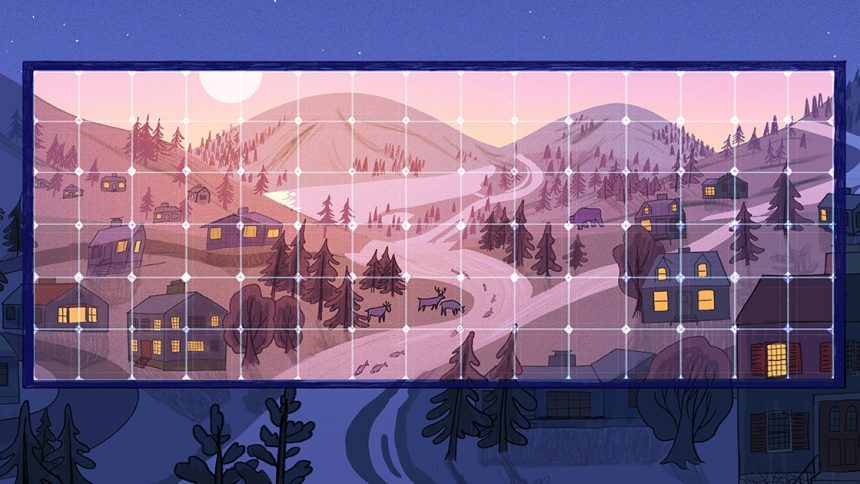This article was originally published by ProPublica. It was produced for ProPublica’s Local Reporting Network in partnership with Oregon Public Broadcasting and with assistance from High Country News.
The Department of Energy gave the Confederated Tribes and Bands of the Yakama Nation what seemed like very good news earlier this year: It had won a $32 million grant for a novel solar energy project in Washington state. Built over a series of old irrigation canals, the proposed solar panels would generate electricity for tribal members without removing farm acreage from cultivation. The location would preserve the kinds of culturally sensitive land that have prompted concerns about other renewables projects.
Months after announcing the grant, the same department is making it nearly impossible for the tribal nation to access the money. “It is because literally the feds cannot get out of their own way,” said Ray Wiseman, general manager of Yakama Power, the tribally owned utility.
The bureaucratic whiplash stems from the fact that while one part of the Energy Department hands out money for clean energy projects, another part decides which projects get access to the Northwest electrical grid. The Bonneville Power Administration’s process for approving connections comes with such exorbitant costs and is mired in such long delays that the federal grant could well expire before the tribe can touch a dime.
It’s a dilemma that persists despite the Biden administration’s explicit promise last year to help tribes create new sources of renewable power affordably and quickly. Bonneville and the Energy Department blame the holdup on a glut of renewable energy proposals that are creating a need for massive transmission upgrades across the country.
In a joint statement on behalf of Bonneville and its parent agency, Energy Department spokesperson Chris Ford said the government is required to put all energy proposals through the same process with the same costs.
Why aren’t tribal nations installing more green energy? Blame ‘white tape.’
But Ford added that federal agencies are “exploring different options within the law to both speed the process and reduce the costs the Yakama Nation would have to pay.” The White House Council on Environmental Quality, which brokered the agreement pledging to help tribes build renewables, said in a statement the administration is coordinating with tribes and others in “taking action to deliver a clean, reliable electric grid and make federal permitting of new transmission lines more efficient.”
But council spokesperson Justin Weiss didn’t answer questions from Oregon Public Broadcasting and ProPublica about why the Yakama project was stalled and what specific steps the White House has taken to help speed tribal energy connections.
Renewable energy supporters say the Yakama solar case shows that if the White House can’t keep the federal bureaucracy from undermining its own goals, then it’s making promises it can’t keep. Nancy Hirsh, who’s worked since the 1990s for a coalition that advocates for clean power in the Northwest, said the situation is exactly what she feared would happen after the tribal agreement was signed. “This is just the thing that we need to fix,” Hirsh said, “the left hand not connected with the right hand.”






